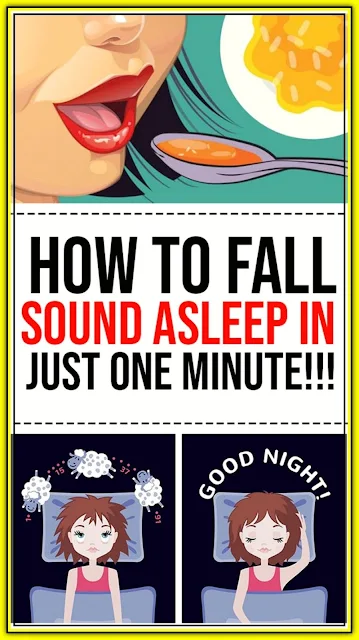Do you struggle with falling asleep at night? Do you find yourself tossing and turning for hours, unable to quiet your mind and relax? If yes, you're not alone. Millions of people worldwide struggle with insomnia or other sleep disorders that affect their daily lives. Fortunately, there is a simple technique that can help you fall asleep in just one minute. Yes, you read that right – one minute.
The technique is called the 4-7-8 breathing method, and it's based on the ancient Indian practice of Pranayama. The method involves taking a deep breath through your nose for four seconds, holding your breath for seven seconds, and exhaling through your mouth for eight seconds. By repeating this process four times, you can calm your nervous system and fall asleep quickly.
To begin, sit comfortably on your bed with your back straight and your feet on the ground. Close your mouth and inhale through your nose for four seconds, counting silently in your mind. Hold your breath for seven seconds, and then exhale slowly through your mouth for eight seconds. Focus on your breath and try to clear your mind of any thoughts or distractions.
Repeat this process three more times, for a total of four rounds. You may find that the first few times you try this technique, it takes longer than a minute to fall asleep. However, with practice, you'll be able to fall asleep faster and enjoy a more restful night's sleep.
In addition to the 4-7-8 breathing method, there are other tips you can follow to improve your sleep quality. These include establishing a regular sleep schedule, avoiding caffeine and alcohol before bedtime, creating a comfortable sleep environment, and practicing relaxation techniques such as meditation or yoga.
In conclusion, falling asleep quickly and soundly is possible with the 4-7-8 breathing method. By taking a deep breath and focusing on your breath, you can calm your nervous system and fall asleep in just one minute. However, if you continue to struggle with sleep, it's important to talk to your healthcare provider to rule out any underlying health conditions that may be affecting your sleep.

